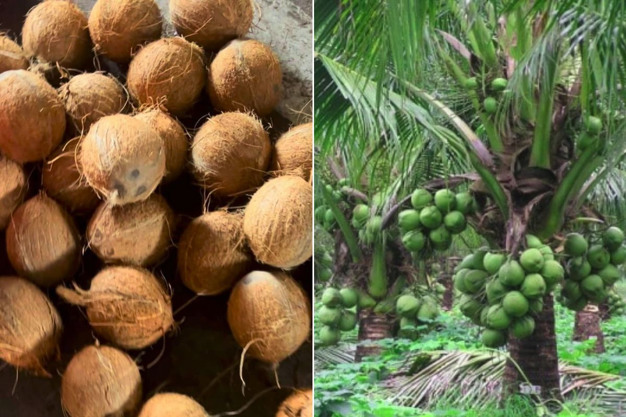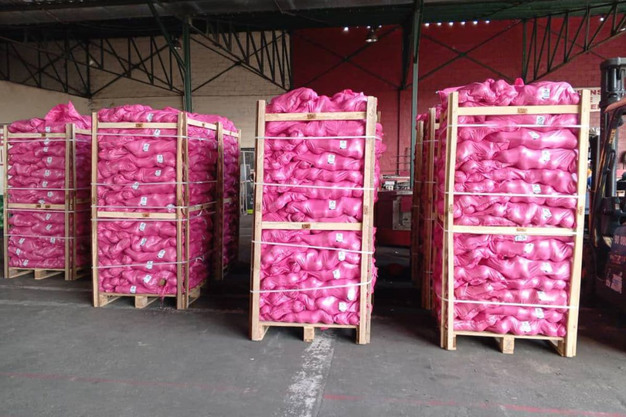The Ivorian coconut crop is benefiting from a boost in demand, while competition in Asia is being impacted by the Red Sea crisis. However, according to Mariella Tossou, general manager of Somat Trading, this is not necessarily translating into better prices.
The exporter says, "The coconut campaign in Côte d'Ivoire is continuous. There's no real seasonality since coconuts are grown all year round. There are no specific rules. The most important thing is to have good quality, exportable coconuts."

Tossou adds, "Compared with last season, demand has increased. The fact that political problems have led to a lengthening of transit times from Asian countries to Europe and the Middle East has led to Côte d'Ivoire receiving a lot of demand. However, the calibers of nuts requested are sometimes difficult to satisfy."
"Prices evolve very little and this considerably limits exporters' room in terms of sourcing," says Tossou. She adds: " The price on the local market varies throughout the year, but this is quite rarely reflected on international markets. This makes the crop unattractive at certain times of the year for exporters, particularly when the mango starts."

Demand for Ivorian coconuts is quite diverse this season, according to the exporter. She explains, "A large proportion of exports go to the Netherlands. Europe is our biggest market, via France, Italy, the Netherlands and Spain. Then there's Russia and Turkey, whose demand is growing season after season, as well as Middle Eastern countries like Israel. Finally, there's the sub-regional market with Senegal, Mali, Burkina Faso, Niger and Morocco.
The season's biggest difficulty for exporters is sourcing. Tossou explains, "It's difficult to control the coconut supply chain because of the gradual decline in production and the flight of nuts to other neighboring countries. This forces exporters to source from various regions and with difficulty for most of the season."
For more information:
Mariella Tossou
Somat Trading
Tel: +225 47 28 42 77
Email: mariellatossou@somattrading.com
www.somattrading.com
